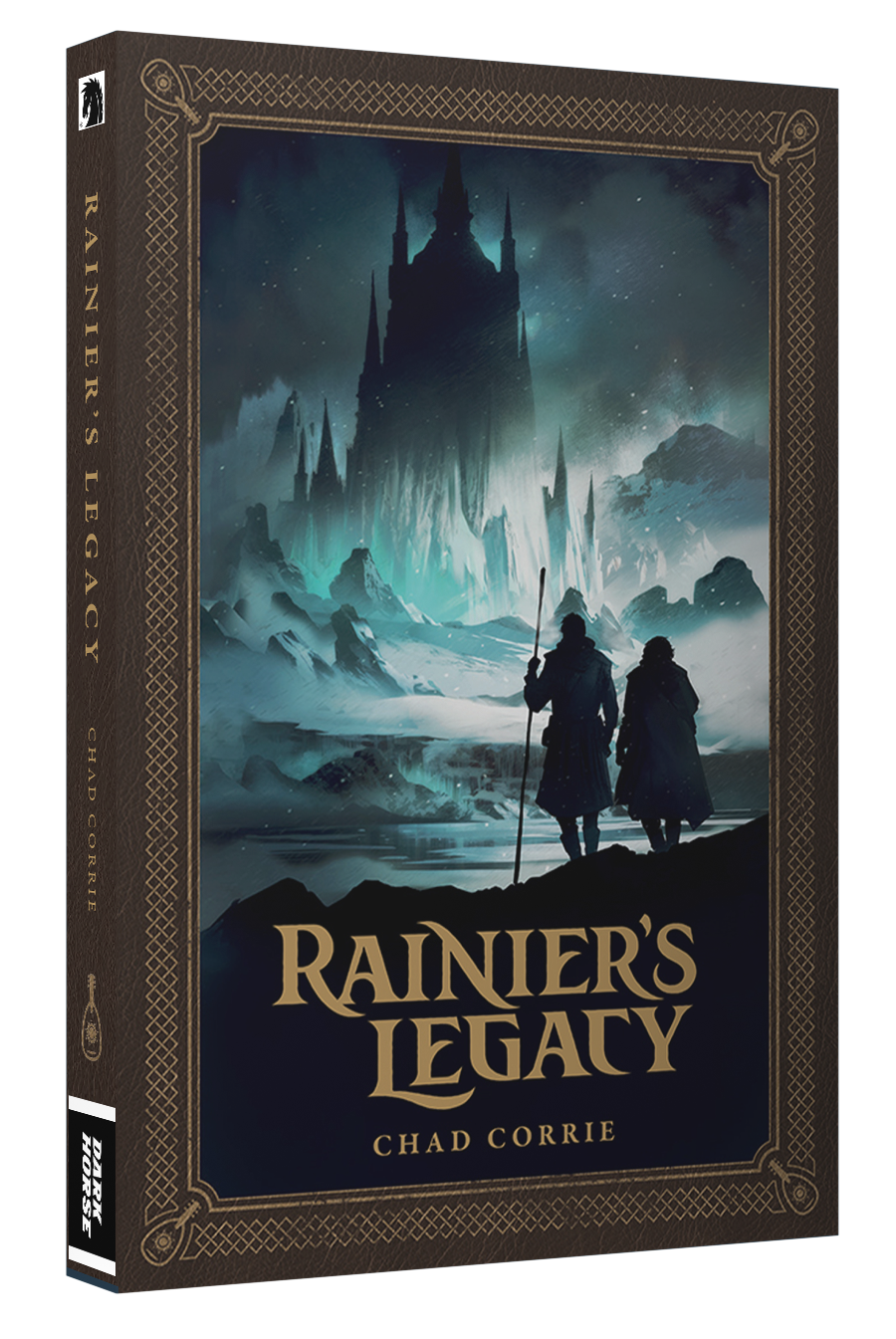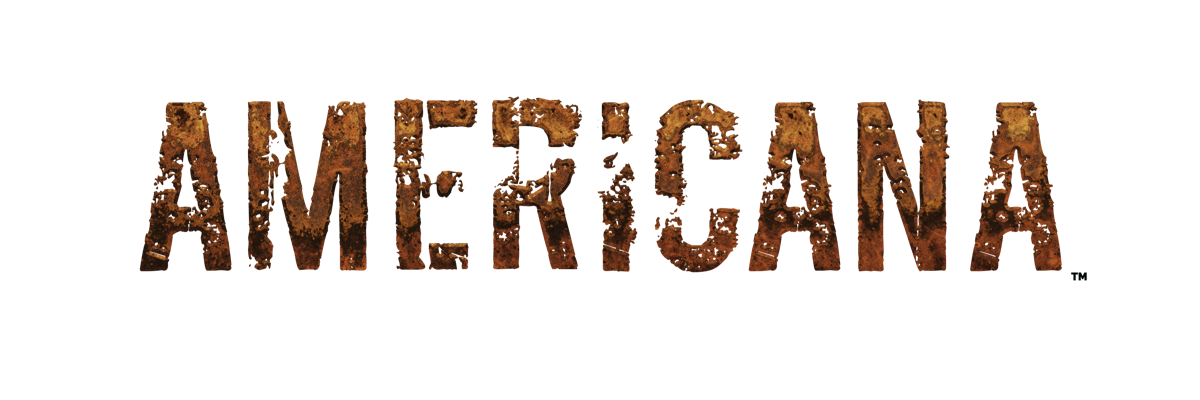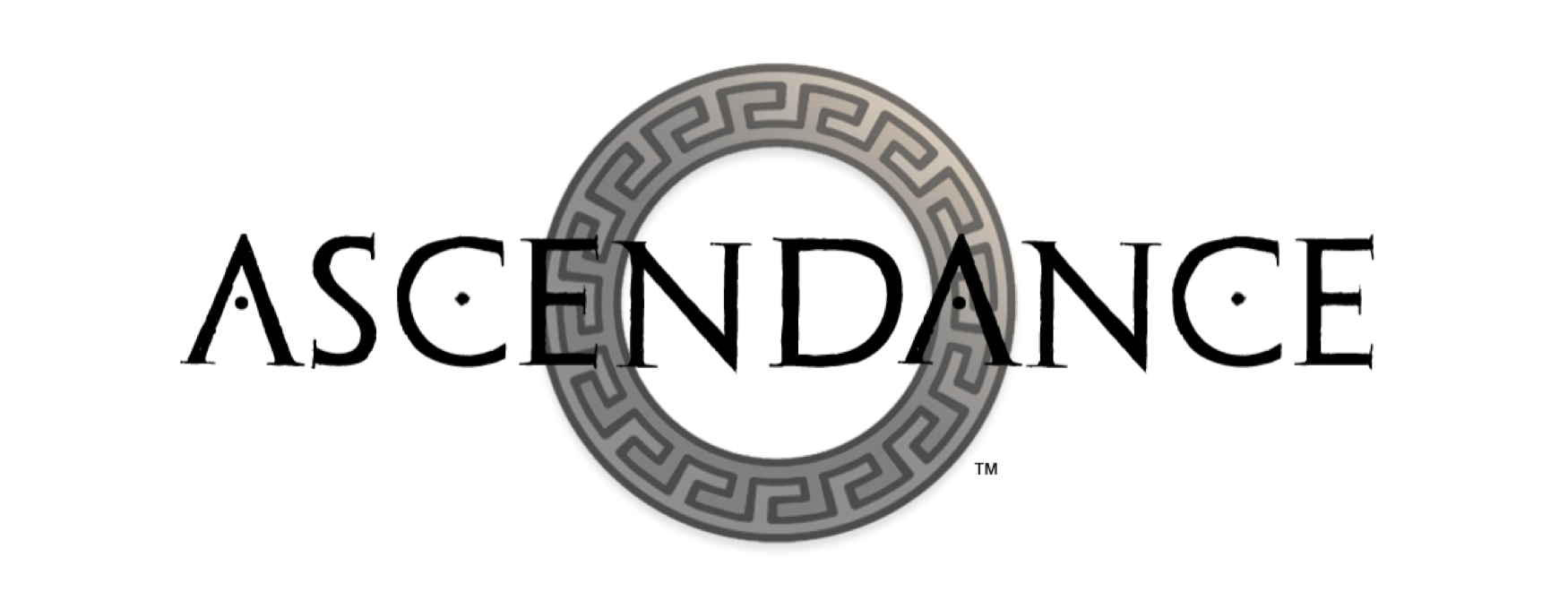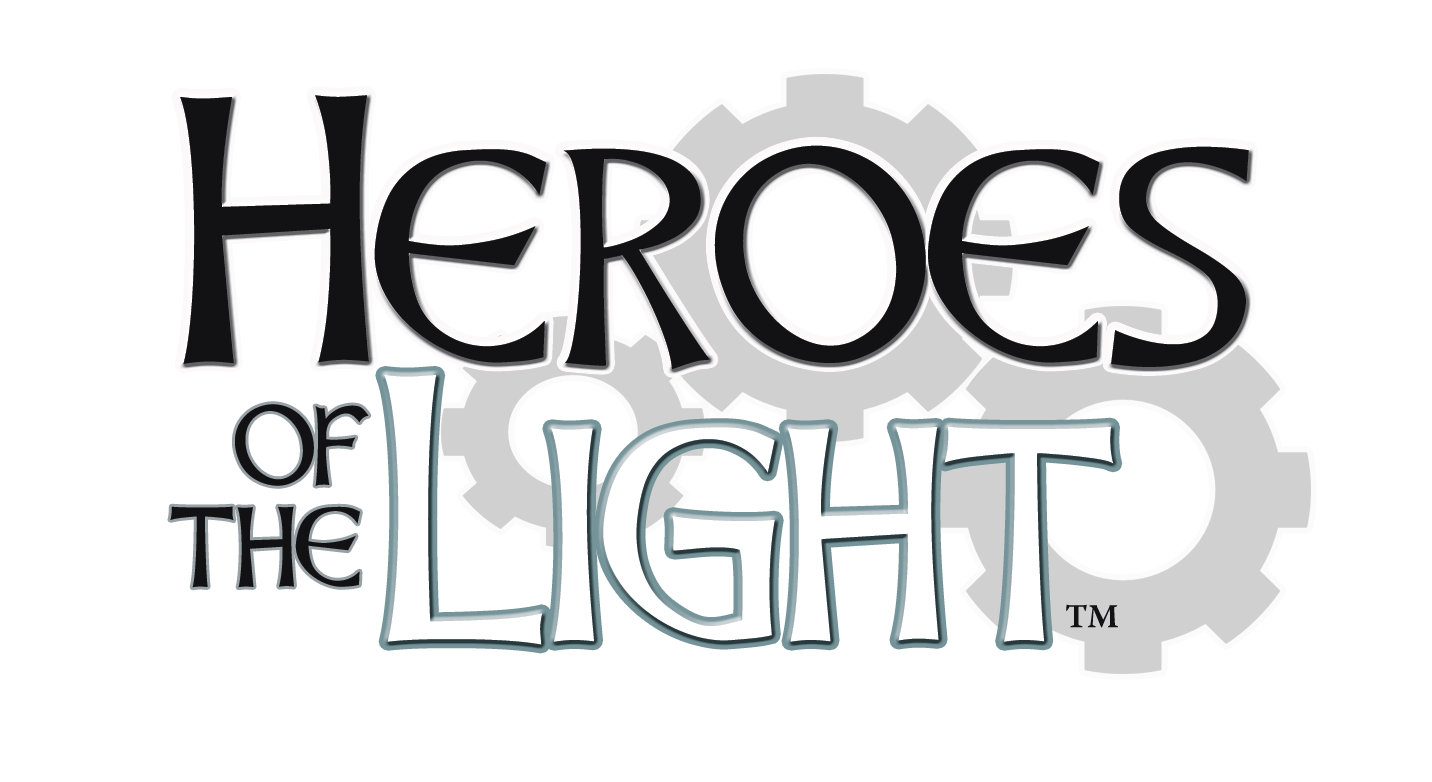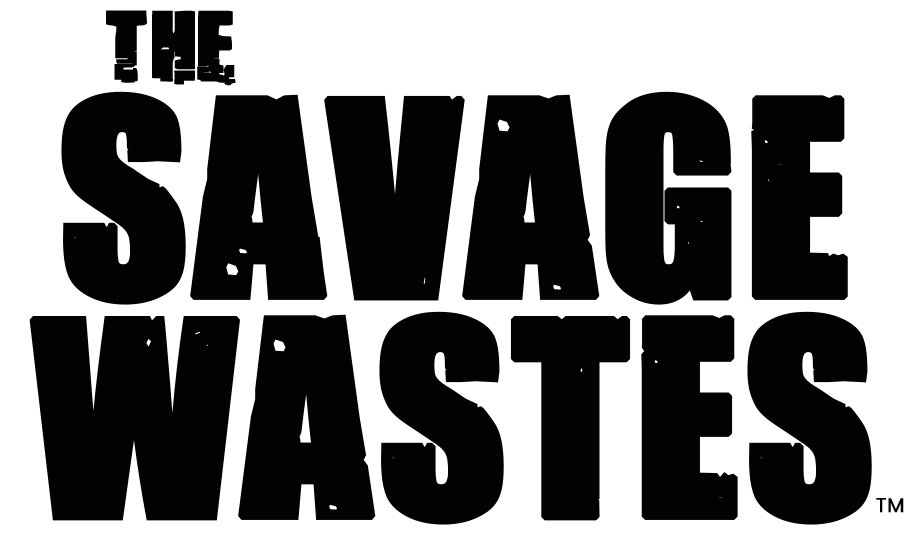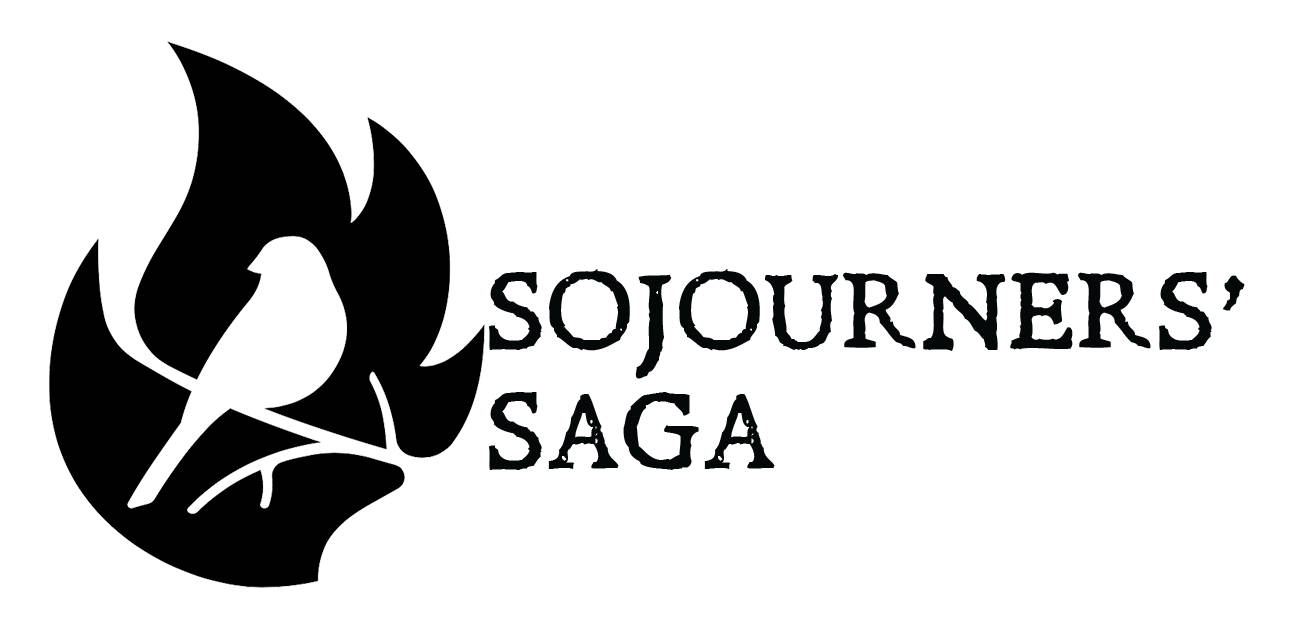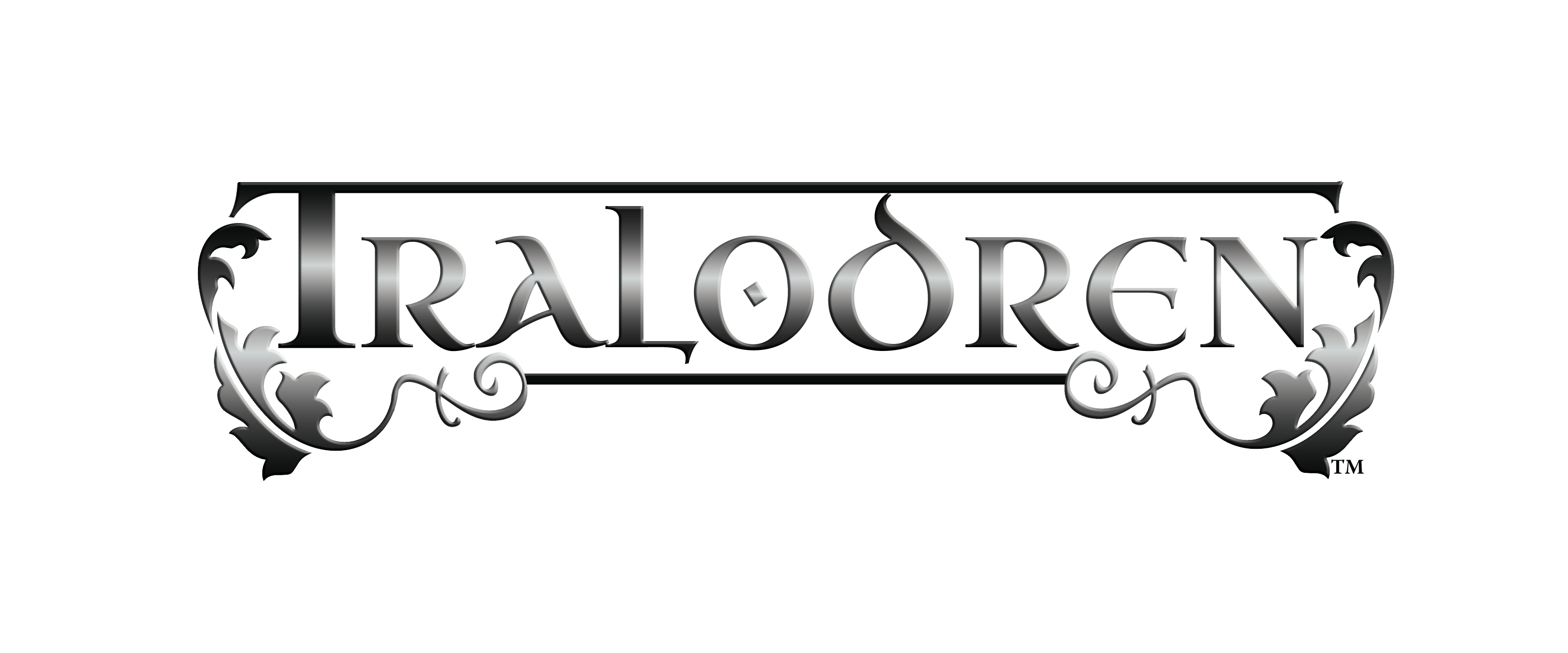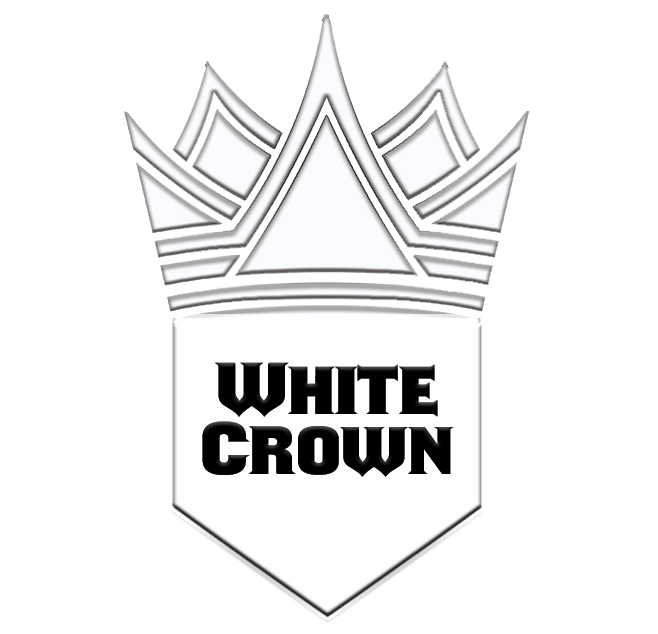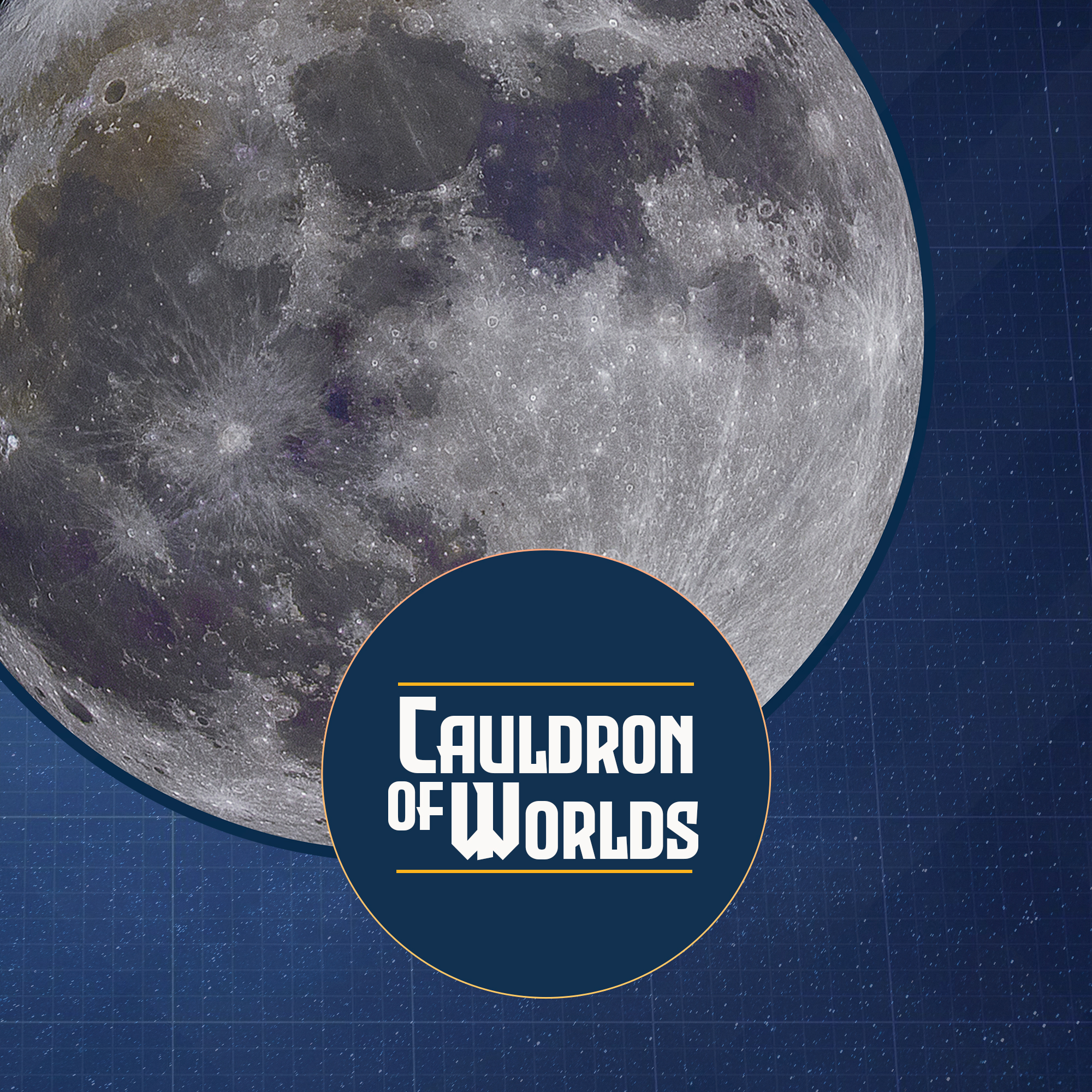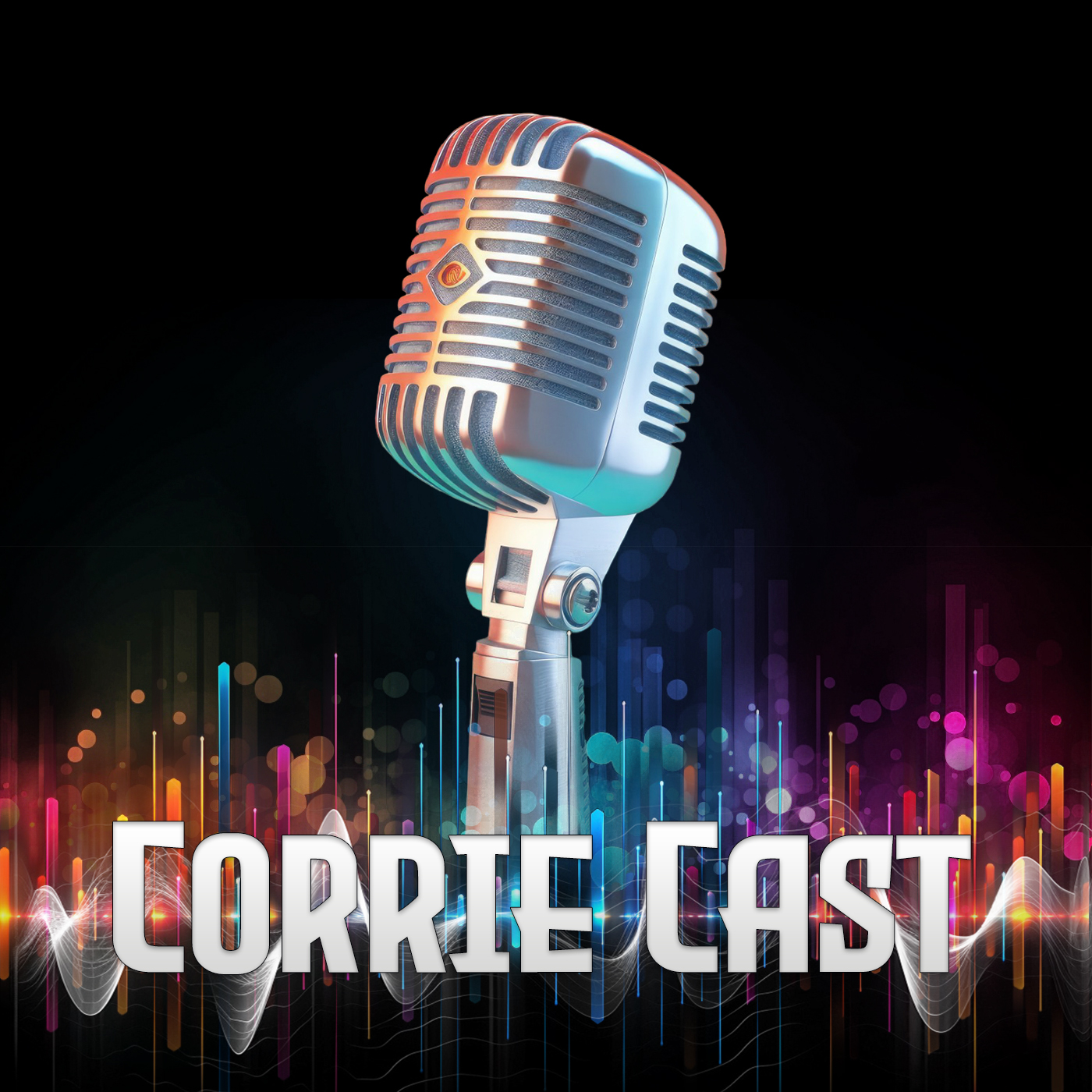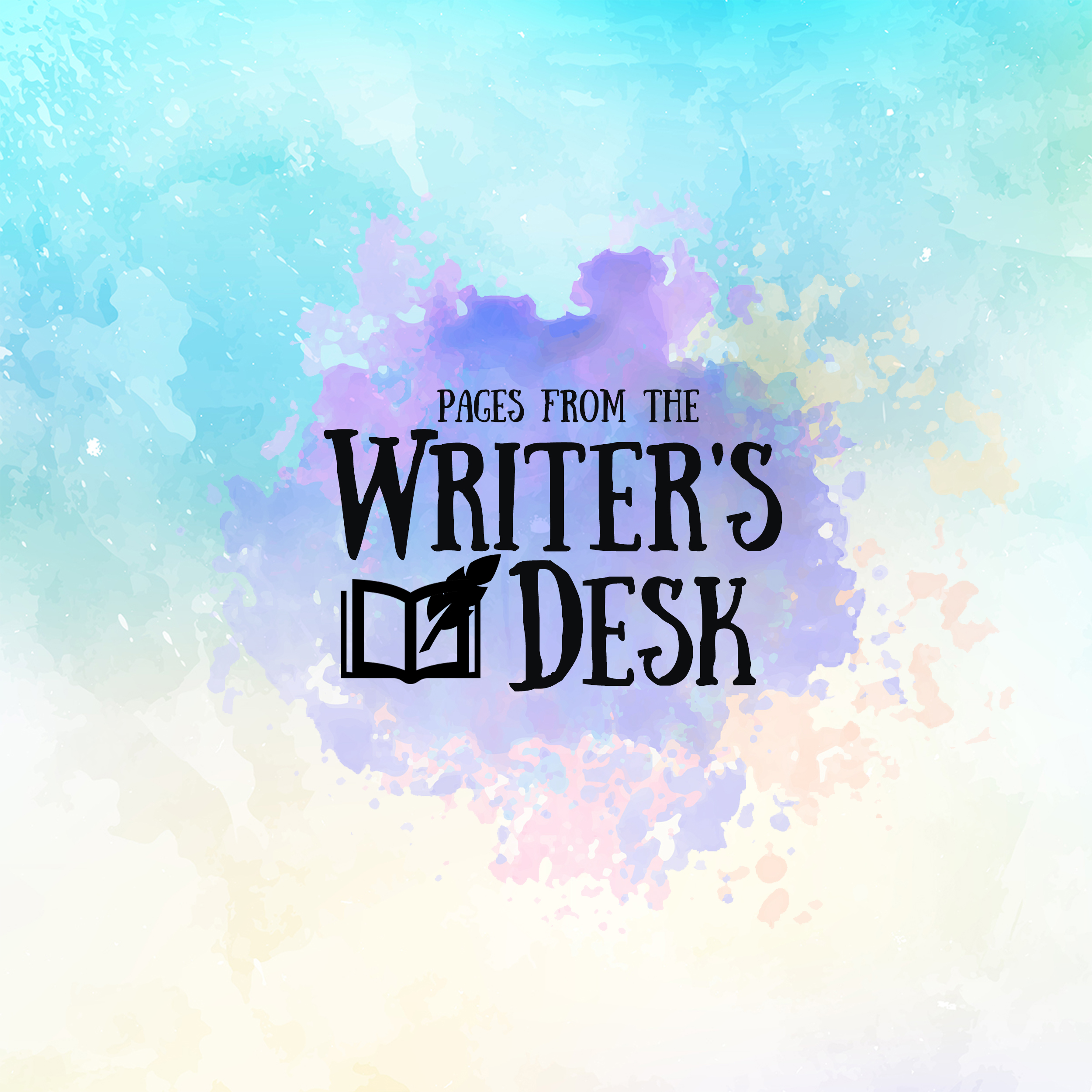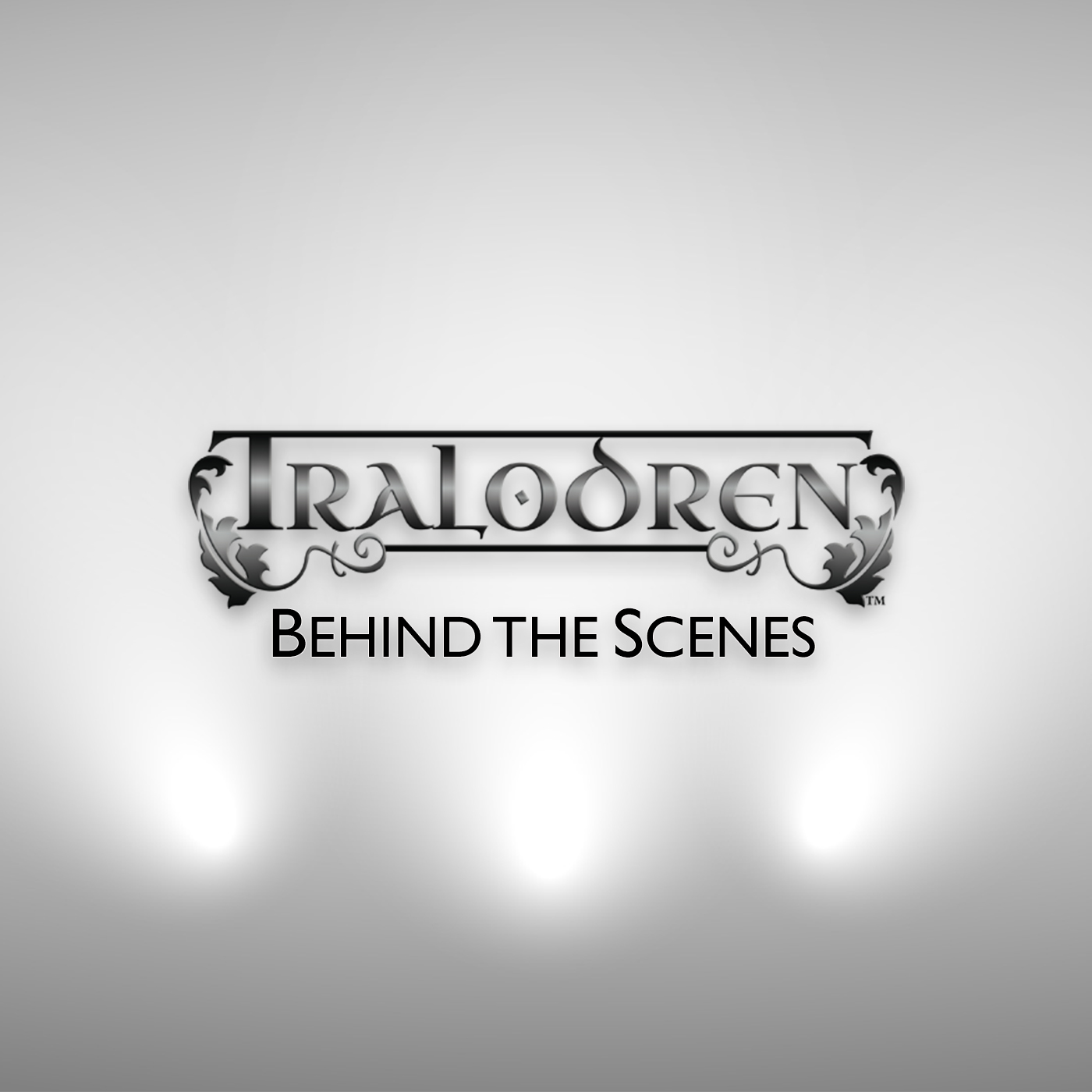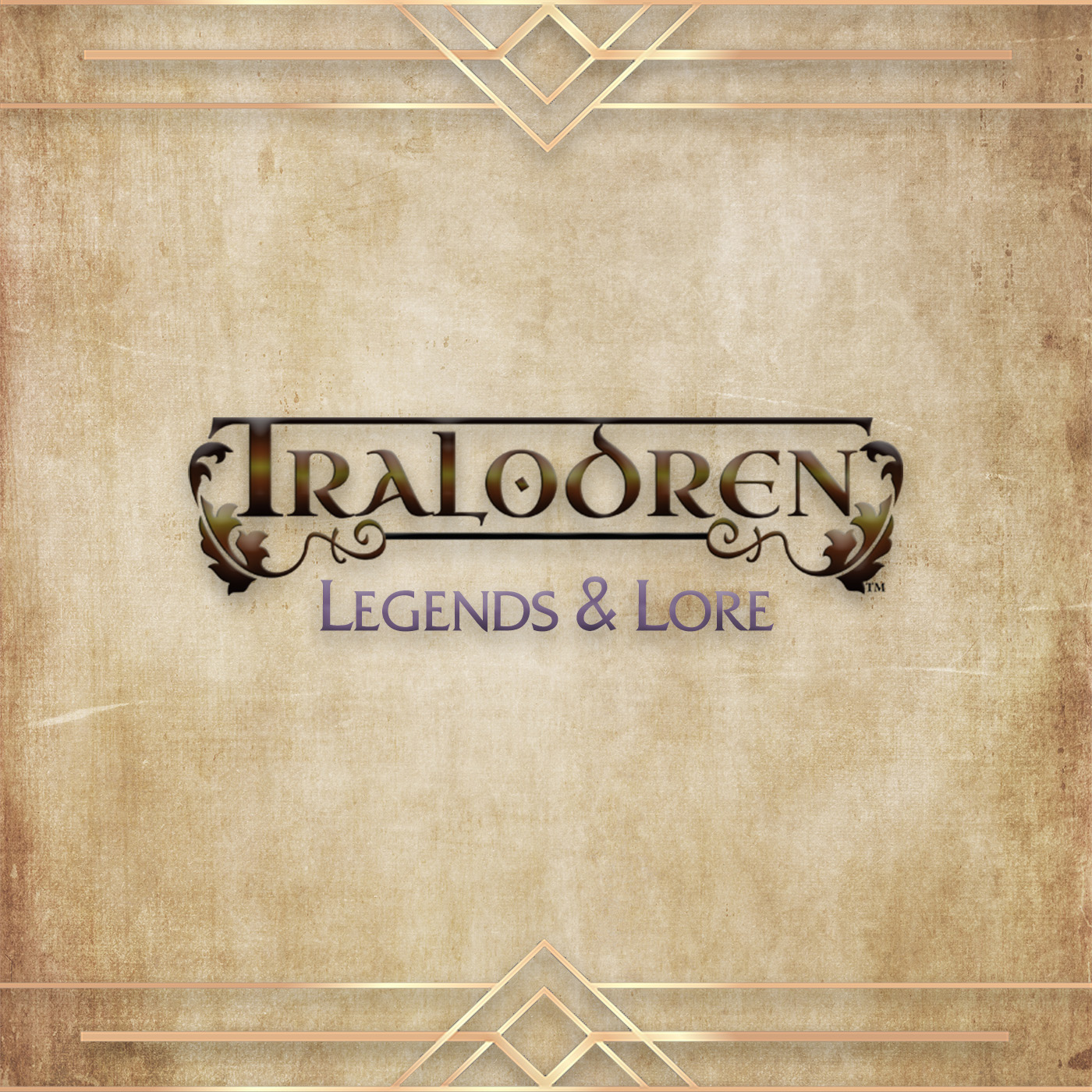INTERVIEW
THE WORLD OF LETTERING
THE WRITER’S DESK © Chad Corrie
One of the final touches with making a comic or graphic novel is lettering. It's the process that turns the pages of finished art into a fully fleshed out story complete with sounds effects, dialogue, and everything else needed to see the final vision of a tale came to pass. In this interview professional letterer and Kubert School Instructor, Taylor Esposito, shares some behind the scenes of what goes into the lettering process, helping those curious get a clearer understanding of what’s needed in their work and how to go about working with a letterer for their own projects.
For those reading this who might not know, what exactly does a letterer do when it comes to lettering comics? Could you go into a bit of the process?
The short answer (because the long answer is basically my class, haha) is that we take the art, typically the inks, but sometimes the colors, always sized for print, of course, and add in the dialogue, sound effects, titles and credits and any other typographical design element.
We start by looking through the art and script and deciding what kind of balloons we will use, what font best compliments the art and other decisions like this. If a character has a special caption box to denote their thoughts, we’ll also design it then. We may also design specialty balloons for characters who are somehow more than a normal person/character. After that is approved, we just have at the page, getting things in order and helping move down the page. It isn’t always easy if an artist has planned for lettering in the layout phase or if the writer hasn’t had a chance to rewrite the script to match the new art.
Is there a way people can search for letterers for their project? A website or certain locations they’d be more likely to find them?
Usually it’s all through who you know, even if you know a letterer and they are busy they usually refer others who are available or better suited to a project. If not, there is also social media, which is how I got my start.
While every letterer can vary on their turnaround time, what do you say is a pretty standard timeline for lettering pages in general?
Let’s suppose a standard monthly book of 20 pages, and consider they have other projects and, you know, a personal life, I’d say a week is a good standard of time. It’s not law, though. If you contact me and I tell you I’m booked for two weeks, it’ll be two weeks. I can’t bump a project who came in first and claimed that time already, so always ask for availability first. My rule of thumb, if they tell you longer than a week, they are worth the wait for.
As a letterer, how do you prefer people reach out to you with possible project proposals? And what do you wish others knew before they did so?
EMAIL EMAIL EMAIL! Haha! Seriously, though, email is always best. I hate phone calls because I’m typically not at my desk and I do better reading than listening, and social media messaging is chaos. Particularly if you make a request and then keep talking to us, to find the info in the messages becomes impossible. Also some social media is not accessible through a computer (IG) or personal and not for work (back when I had FB). So always email. As far as knowing what to do, have your info easy to read and neatly organized. PitchDoc.docx doesn’t tell me anything, but CCorrie_Ashgard_script.docx makes it easy to ID and find.
Do you ever letter books differently? Say, to achieve a certain look or mood or feel to something other than a “standard/regular” graphic novel or comic book? And if so, how is that determined? More of a “gut instinct” on your part or more of a collaboration or even dictation from the one heading up the project?
Absolutely! I base every new project from scratch. Exceptions apply to something following a previous series or if I was requested to match something from before, which I’ll do within reason.
For those looking to get into the business of lettering do you have any advice you’d like to share?
RUN AWAY! Haha! Seriously, though, make sure you love this. It’s a hard job with tight turnarounds, little respect or pay, and a field full of professionals doing multiple books at a time. Finding enough work to make a living at this is a challenge.
What, if anything, is one of your most favorite things about lettering comics/graphic novels?
I’m making comics, what’s not to love! It beats digging a ditch!
Thanks for your time, Taylor! And if you're looking to find out more about Taylor and his work you can check out his website.
